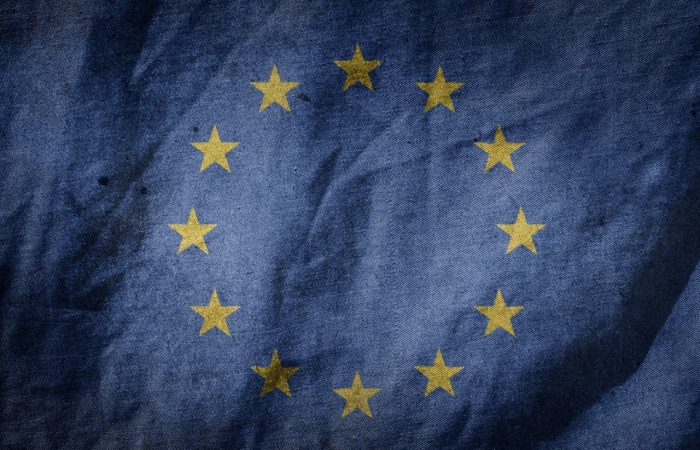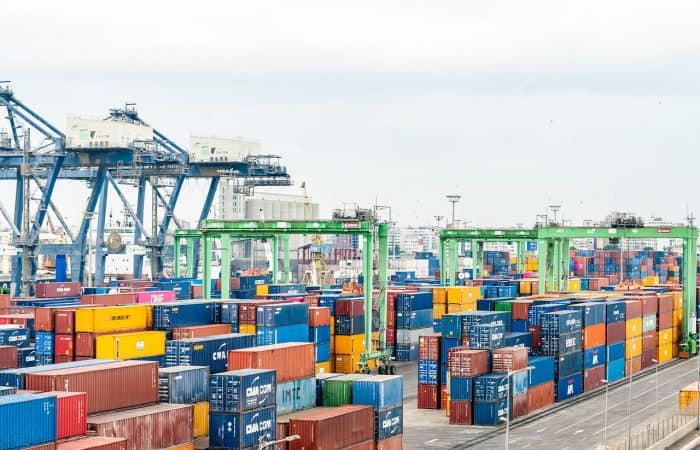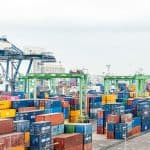On the 6th of August 2018, President Trump issued legislation for “Reimposing Certain Sanctions with Respect to Iran” under Executive Order 13846 (New Iran E.O.). The New Iran E.O. sets forth the legal authority to reimpose sanctions on Iran consistent with the decision by the Trump administration on the 8th of May 2018, to cease participation in the Joint Comprehensive Plan of Action (JCPOA).
The New Iran E.O. consolidates and expands on certain legal provisions authorizing sanctions on Iran (effective 7 August and 5 November 2018), depending on the activity involved. In connection with the release of the New Iran E.O., the Treasury Department’s Office of Foreign Assets Control (OFAC) also issued a new series of Frequently Asked Questions (FAQs) that provide guidance on aspects of US sanctions that will be reimposed in connection with JCPOA withdrawal (please see the following link.
As a response to the reimposed US sanctions, the EU has expanded the scope of its EU Blocking Regulation. The EU Blocking Regulation essentially prohibits EU companies from complying (directly or indirectly via subsidiaries or intermediary persons) with the reimposed US sanctions against Iran. EU Member States must now decide how to penalize non-compliance with the EU Blocking Regulation and may differ in their various approaches. Companies should manage the risks of doing business under both EU and US legal regimes, which means business is caught between the EU Blocking Regulation and the US sanctions on Iran.
The US has allowed India and China, along with South Korea, Japan, Italy, Turkey, Greece and Taiwan to be exempted from the reimposed US sanctions against Iran to temporarily keep buying Iranian crude oil despite the sanctions, calming fears of a possible jump in fuel prices. In the meantime, the EU is looking for a solution to have EU persons continue business with Iran by introducing plans for an oil barter system with Iran. The EU is considering to set up a so-called Special Purpose Vehicle (SPV) to facilitate trade with Iran. The SPV should create an oil barter system to work around the US sanctions. The SPV would neither be connected to the US dollar-denominated international financial system nor requiring monetary transfers between EU countries and Iran. An Iranian firm selling into Europe would accumulate credits that could be then used to buy a product from a different European firm. One of key issues is which EU country (France, UK or Germany) is willing to host the SPV. Also, the SPV most probably will require a banking license.
Please also see our earlier Iran Sanctions Special (part I).
Companies considering (continuing) engaging in business related to Iran should monitor future developments closely and exercise caution to ensure compliance with all applicable sanctions.




